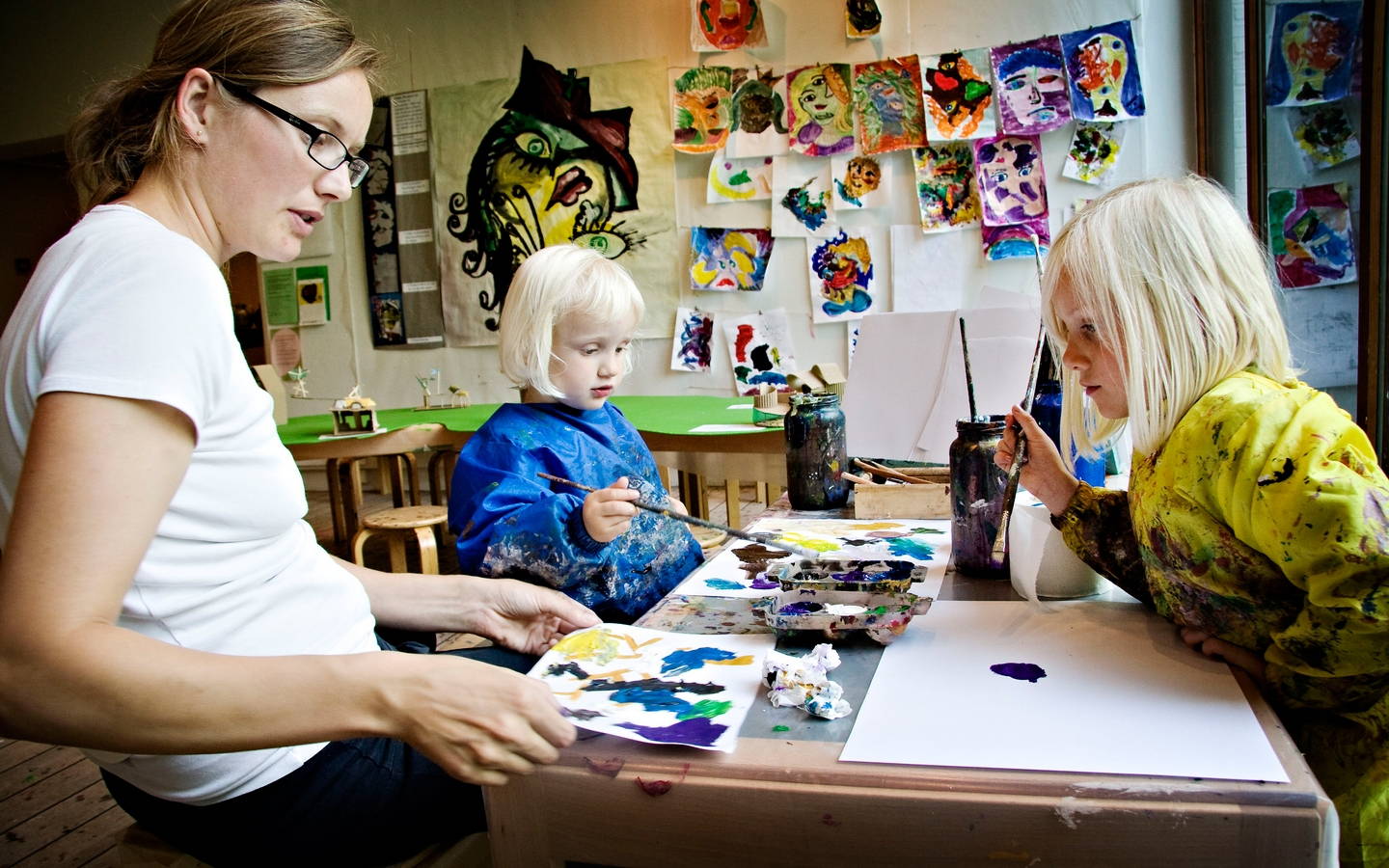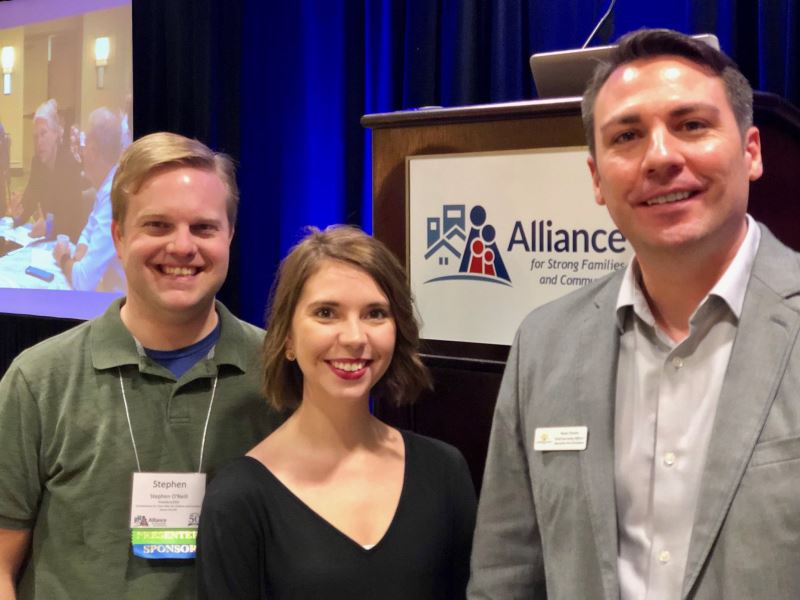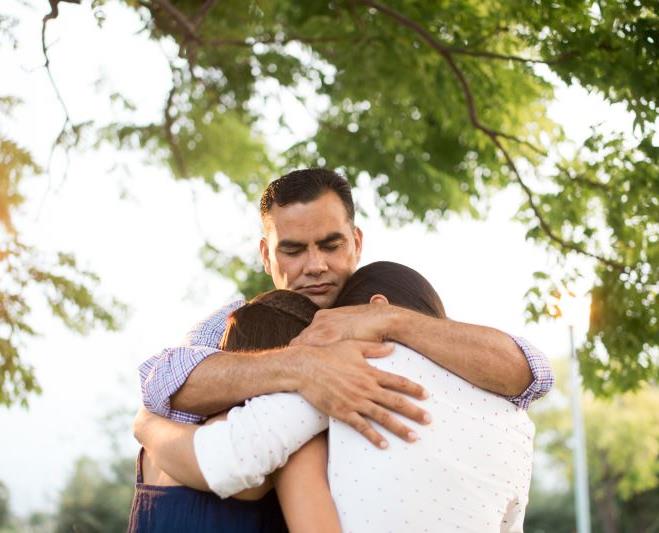

With the hustle and bustle of our daily lives, everyday stress and the never-ending to-do lists can be overwhelming. Under this pressure, instead of being compassionate to ourselves like we are to others, we often become our own worst critics. Mastering self-compassion is a wonderful way to gain control of your day and reduce stress.

We all want our home to be warm and welcoming; however, for friends and family who have experienced trauma, environmental factors can either trigger intense emotional pain or be instrumental in their healing journey. Being intentional about the physical and emotional manner of your home makes a significant impact on helping guests feel comfortable. Here are 3 quick and easy ways to make your home trauma-informed.

Every youth who enters foster care shares one common thread - the trauma of being removed from their homes and separated from their families. In 2018, Washington University conducted a needs assessment for our treatment foster care program. Based on their assessment, we are now collaborating with them to develop a screening tool to be used before placing a child in a treatment foster care home.

Our staff recently presented a 90-minute workshop entitled “Space and Grace: Creating a Sustainable Organization through Self-Care and Self-Compassion” at the Alliance Senior Leadership Conference in New Orleans. Learn why it is such an important topic to have in our daily lives.

Adverse Childhood Experiences (ACEs) are negative stress-inducing circumstances children experience that shape the way they process and interact with the world around them. The simple series of questions about one's childhood can predict the likelihood of a series of health difficulties later in life. Resilient KC even conducted an ACE Study in our very own backyard and the results were staggering.